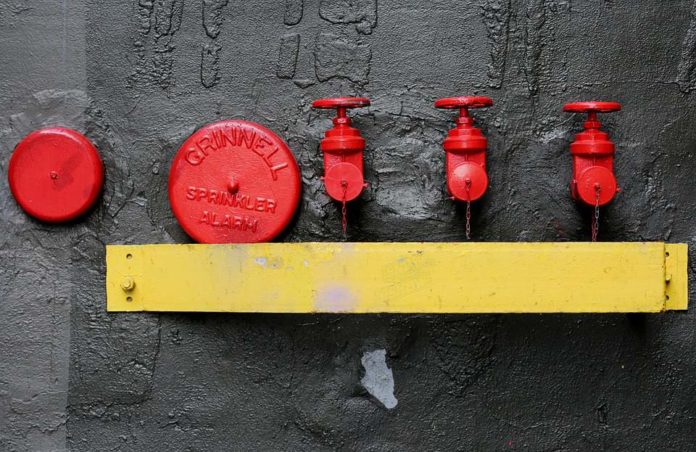A large part of the human resources role is to ensure your business and its people are safe from harm. However, it also has a role to play in planning for any event that might disrupt your ability to produce and survive as a business. It’s risk evaluation in its purest form – and we’re going to take a closer look at everything you need to consider today.
Prepare a team
Your first step is to develop a team to respond to any given situation. There is such a large scope for an emergency, from a serious accident at work to a natural disaster or fire. Use your HR team to devise a plan, or if you don’t have one, choose some responsible employees to work it out between you. You will need to make sure that someone responsible is onsite at all times, so there will be an element of scheduling and creating timetables. You should also assign training to select employees, such as basic fire training and first aid.
Invest in your weaknesses
All businesses have areas of weakness, and it is vital that you can recognise where they lie in your company. Risk assessment procedures are essential, and you should also consider spending money in those areas to bring them up to speed. For example, in the event of a severe blackout, could you buy a generator to power emergency lights? Don’t forget that you can’t stop at that initial investment, either. In the case of backup lights, you will also need to consider arranging a regular emergency lighting test. A robust investigation will identify all areas where there is a risk to your business. And, it will also give you a plan on how to purchase, maintain and check all your equipment.
Draw up your plans
Once you have everything in place, it is vital to have several plans in place. First of all, your emergency response plan will look at how you deal with the initial stages of an accident or a disaster. You should also create a communication plan, which will focus on what you tell your employees, suppliers, and customers. This leads into a business continuity plan – how you carry on with the daily running of your business. Finally, you should also have an IT recovery plan to ensure you protect all your vital data.
Practice, practice, practice
Practice makes perfect – as everyone knows. And, no matter how unlikely everyone thinks an emergency will be, it is vital to drill your employees on a regular basis. Yes, people will feel annoyed with having to practice a fire drill every couple of months. But, the simple fact is that when people have run through what needs doing, they tend to do it automatically. In short, it saves lives and puts your plan into action far quicker than would result from chaos and fear.
Whether you have an HR department or not, your SME needs an emergency plan in place. Without it, an accident or emergency could leave your business in a precarious place. Let me know your thoughts or experiences in the comments section below.
















